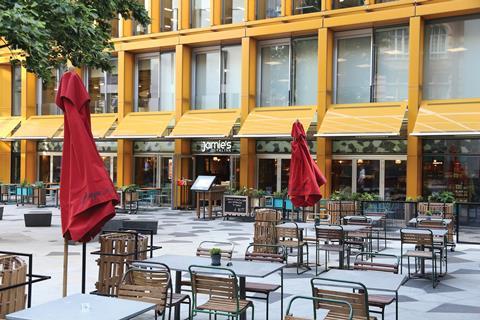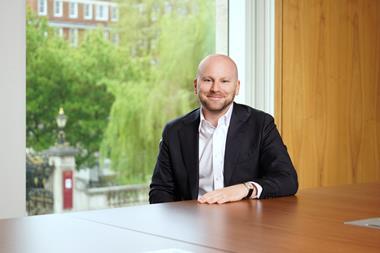At the height of the UK’s smart-casual restaurant boom, many chains fought over highly sought-after high street and shopping centre locations.

The competition was enough to drive up premiums for the sites – large chunks of cash paid to landlords just for the privilege of renting a site – into the hundreds of thousands of pounds. These premiums were happily paid; some of these sites were so wildly popular, the premium investment paid off.
There was one site in particular where the premium was so high, there was hardly any investment left for the fit-out works, and it ended up being one of the first stripped-back ‘industrial’ designs. While this was sold as simply a new(ish) concept and innovative design, the primary driver, unknown to the customer, was actually that there was no budget for the fit-out works, so they were left intentionally ‘unfinished’.
The Brexit vote, along with a drop in investment and a fall in demand in this market, led some of these chains either to downsize or to disappear altogether. These conditions have been made even harder – and in some cases impossible – by Covid-19, which has led to even more downsizing and the disappearance of some big brands that might have been thought untouchable till now.
The market for restaurant sites has thus changed completely in recent times – to the extent that one client recently told me they were receiving a ‘reverse premium’ from the landlord for taking the site. The landlord effectively paid them to fit out the site and operate it – a shift of many hundreds of thousands of pounds.
As terrible as this pandemic has been for the hospitality sector, it may yet provide opportunities for entrepreneurial and innovative operators, who may be able to secure sites and receive hugely favourable deals from desperate landlords.
There may be new opportunities to service customers in the way of the ‘new normal’ – the UK 2.0. There may also be opportunities for innovative design, driven by a host of new constraints.
The outlook might seem bleak, but there will be opportunities in the future. For now, though, it is all about survival.
Patrick Abrams is founder and managing director of Applied Studio




























No comments yet